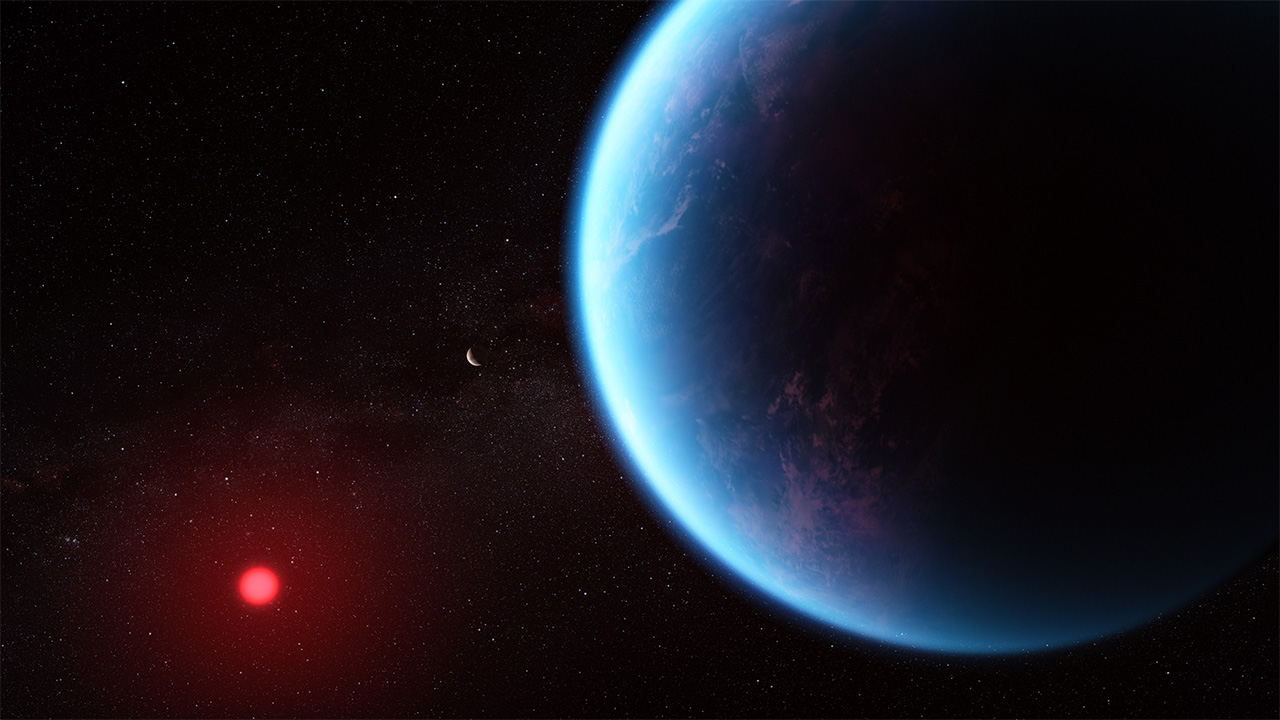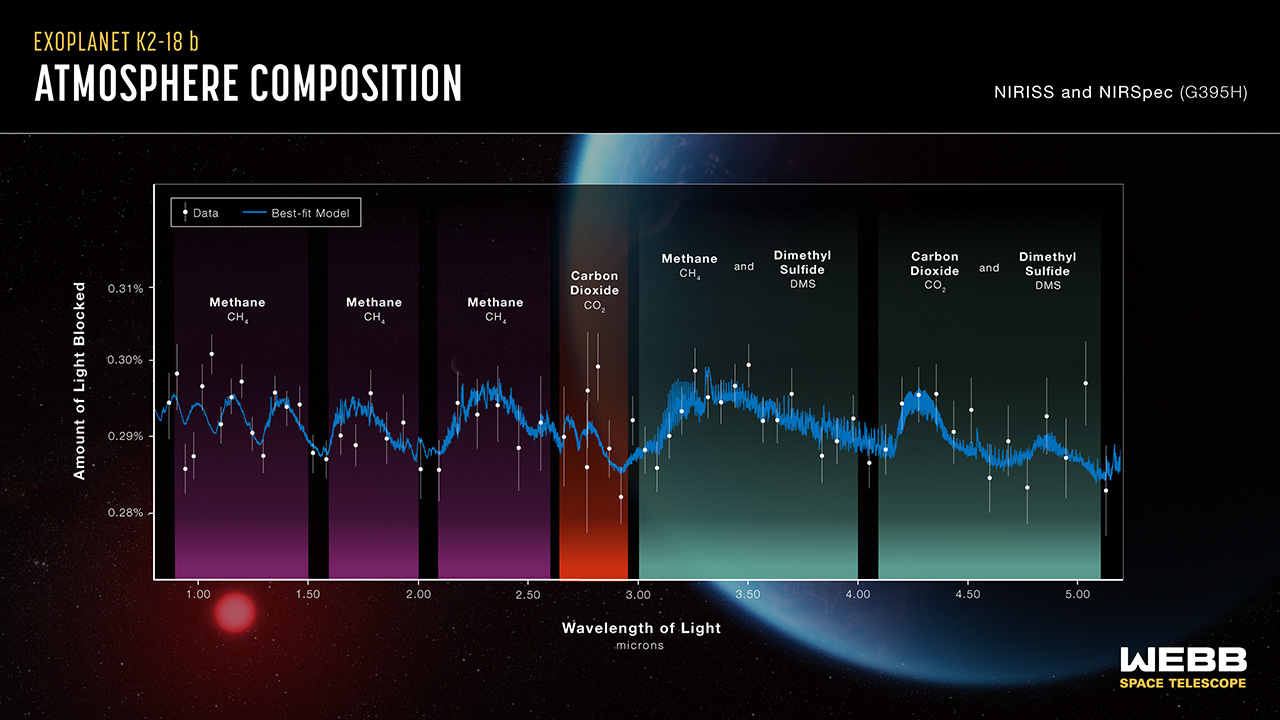-

 Celebrity News4 days ago
Celebrity News4 days agoJeremy Allen White and Molly Gordon’s Romance Heats Up — But Friends Wonder If They Are Moving Too Fast
-

 Celebrity News3 days ago
Celebrity News3 days agoBindi Irwin Rushed to Emergency Surgery on the Night of Late Father Steve Irwin’s Tribute Gala
-

 Celebrity News4 days ago
Celebrity News4 days agoMiley and Billy Ray Cyrus Reunite With Help From Country Legend Dolly Parton
-

 Celebrity News4 days ago
Celebrity News4 days ago10 Surprising Facts You Don’t Know About ‘Ballerina’ Star Ana de Armas — Like Her Go-To Comfort Food
-

 Celebrity News3 days ago
Celebrity News3 days ago‘Baywatch’ Alum Nicole Eggert Looking Better Than Ever Amid Breast Cancer Journey, Debuts Pixie Cute
-

 Celebrity News2 days ago
Celebrity News2 days agoTyra Banks and Boyfriend Louis Bélanger-Martin Are Talking Marriage: ‘They Were Made For Each Other’
-

 Celebrity News3 days ago
Celebrity News3 days agoDean Cain Credits Teri Hatcher for Carrying Their Iconic ‘Lois & Clark’ Superman Series
-

 Celebrity News2 days ago
Celebrity News2 days agoBritney Spears Skips Mom Lynne Spears’ Milestone 70th Birthday Party Despite Previous Reconciliation
-

 Celebrity News3 days ago
Celebrity News3 days agoJennifer Lopes feels Tremendous Pressure as She Gets Ready For Upcoming Tour
-

 Celebrity News2 days ago
Celebrity News2 days agoLate One Direction Singer Liam Payne Leaves $32M Estate to Son, Nothing to Girlfriend Kate Cassidy
-

 Celebrity News2 days ago
Celebrity News2 days agoJames Bond Spy Flick ‘Octopussy’ Confusing Plot Line Explained
Connect with us















